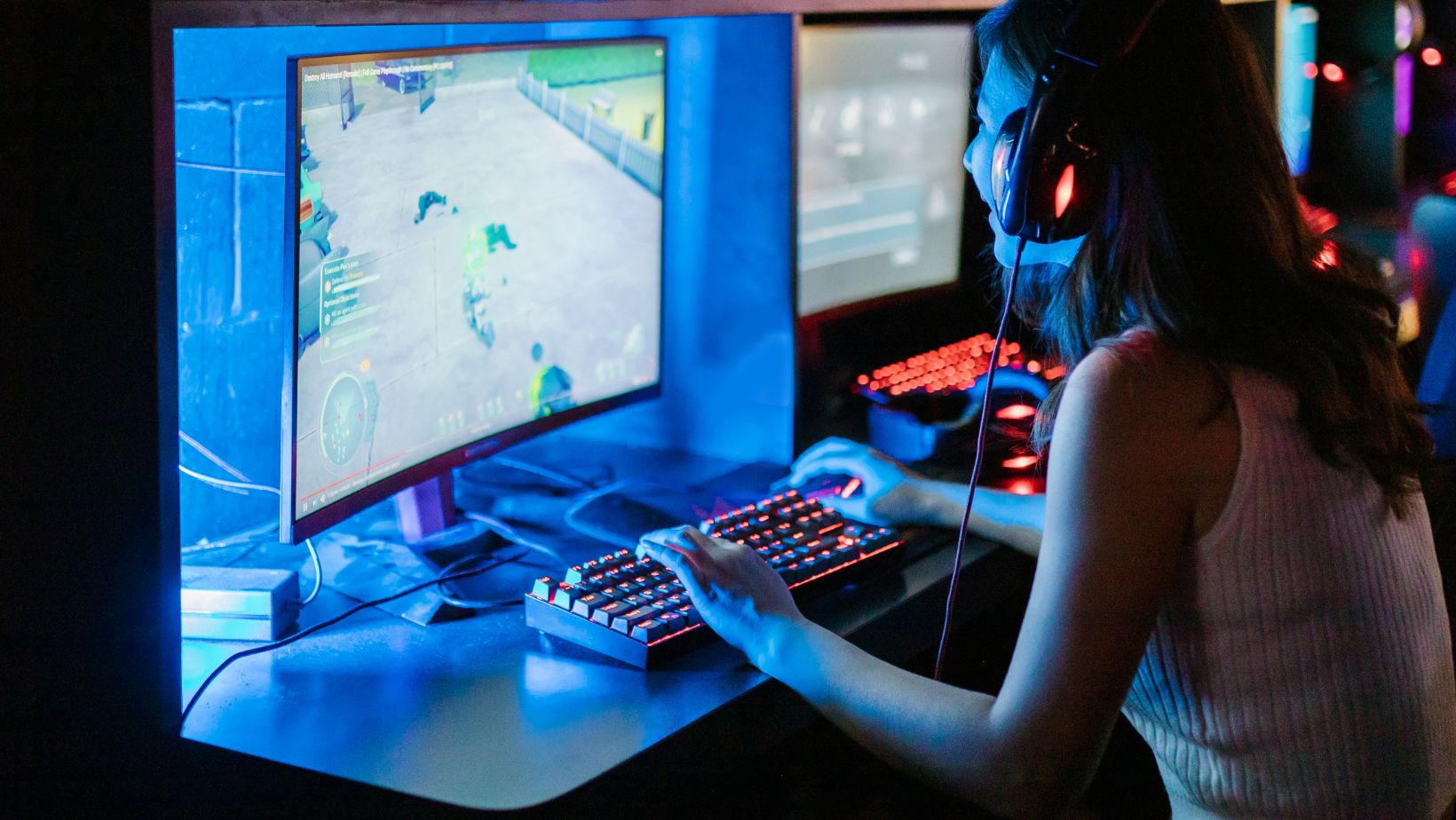When many of us think of fast-paced casino games, the first place our minds jump to is slot gaming. Well, that’s where my mind goes. But the truth is that plenty of casino games are fast-paced. Roulette, for example, especially online, only allows you 10 or 15 seconds to place your bets. The wheel spins and the number lands in the pocket—and within 30 seconds, you’re placing bets again.
Likewise, blackjack has a lot of fast-paced action. Granted, it’s much faster if you’re playing on your own against a dealer rather than against a cluster of other people, but you only have a few seconds to decide whether you want to stick with your hand or take another card. Although traditional casinos often have this edge because you have to make a split-second decision about whether you want to place a real-money wager, the same fast-paced intensity is apparent in sweepstakes casinos, too.
However, they extract some of the more intense elements of playing with your own money by focusing on in-game currencies. A sweepstakes casino site will use gold coins, site tokens, or a combination of the two, but the fast-paced, intense gaming mechanics remain. But how do these casino games mirror video gaming skills, and can their speed and intensity impact your video gaming skills?
Strategy & Multitasking
Perhaps one of the most prominent examples of how casino games can impact your video gaming skills stems from the ability to strategize and multitask, which makes up a significant chunk of casino gaming design. For instance, while some versions might be quite slow-paced, poker brings intensity with shorter bursts and variations, such as video poker.
Video poker still maintains the strategic element of poker, the same rules, the hierarchical payout structure, and the quality of a hand, but at a much quicker tempo. Here, you have to rely on quick thinking, and with money often on the line, there’s an awareness and intensity you can refine, especially from a psychological perspective, that you can take into strategic video games.
Some examples of strategy-based video games include Counter-Strike 2, Call of Duty, and other first-person shooters. However, it is prevalent in free-roam games, too. The crossover in multitasking stems from poker and blackjack, where you need to read how people react to their hands and how they bet. It also plays a big part in risk management.
Risk Management
Of course, it is more important to understand risk management in casino gaming because the risks are often higher. Unless you’re a professional video gamer who plays for huge prizes, the likes of which we witnessed at the eSports World Cup last year, there’s less pressure to keep on top of your risk.
However, risk management can become vital to your broader strategy for playing competitively. Fast-paced casino games, like slots, provide examples of effectively managing bankroll and time.
For video games where managing budgets and understanding are essential, repetition and familiarity with this in a casino environment can help improve your video gaming skills within this genre.
This includes games like FIFA, where you can enter a manager mode and manage the team’s finances effectively, or Grand Theft Auto, where the player has to manage a bankroll and earn money through missions. Obviously, with the latter, the fast-paced intensity of casino games can mirror aspects of GTA during missions that require quick thinking and involve intense passages of play.
Responsible Gambling
Risk management is essential to casino gaming. It doesn’t matter if you’re setting time or deposit limits for yourself, you must know when to call it a day and only gamble with money you can afford to lose.
If you begin to gamble with money you have earmarked for essential household goods, like bills or groceries, or you begin to view gambling as a source of income, these are dangerous red flags and signs of problem gambling. Seek assistance from a problem gambling charity if you exhibit any of these symptoms, as they mean your betting could spiral into a significant issue.
Similar Audiovisual Experiences & Gaming Mechanics
Fast-paced casino games, especially slot machines, can also provide a broader insight into how gaming mechanics work. For instance, cluster pay games, where a cascading reel will remove symbols that match each other, show how software designs implement the highest level of audiovisual innovation to make their games as captivating as possible.
The world’s most prominent video game companies also implement cutting-edge audiovisual innovation. While this might sound like quite a broad comparison, given that casino games and video games both draw on the latest designs and tech innovations, many gamers believe that having a good understanding of casino gaming mechanics can improve video gaming skills.
Conclusion
Clearly, there are significant differences between casino games and video games. Within both sectors, there’s a vast universe and ecosystem; plenty of casino games don’t mirror the gaming mechanics, strategy, multitasking, or some of the more specific audiovisual elements we have explored today.
However, fast-paced casino games—whether slots, video poker, or blackjack—focus on some level of strategy. While it would be a push to say that gamers will automatically improve their video gaming skills if they gain a good grasp of these fast-paced casino games, there are still plenty of crossover skills to acquire. It’s an interesting topic of discussion for those who are partial to a bit of both.





















